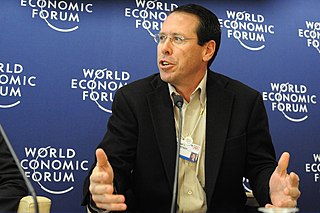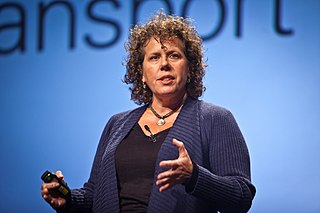A Quote by Sucheta Dalal
Mobile users happily suffer bad connections, dropped calls, inaccessible networks and pay higher charges for services that would have caused endless annoyance on a fixed line.
Related Quotes
The OnCue platform and team will help Verizon bring next-generation video services to audiences who increasingly expect to view content when, where, and how they want it. Verizon already has extensive video content relationships, fixed and wireless delivery networks, and customer relationships in both the home and on mobile.
WhatsApp is both disrupting and demonetizing the entire wireless industry, and now the Facebook acquisition provides the infrastructure needed for WhatsApp to begin offering voice calls. So instead of people paying on average $80 per month, users only have to pay $0.99 per year for the same services. Wireless carriers, beware.
The dynamic is unmistakable: fixed lines for phones have been declining at a three-percent rate for the last several years, while the number of Americans opting for cell phone calling keeps increasing. If you are a fixed line provider this trend means trouble. Many of the fixed mobile convergence strategies under consideration end up utilizing a smart phone or dual-mode VoWLAN/Cellular phone that works like a landline phone in the local area and then converts to cell phone calling.































